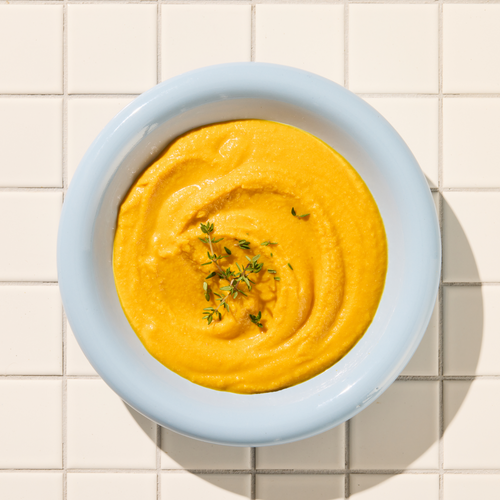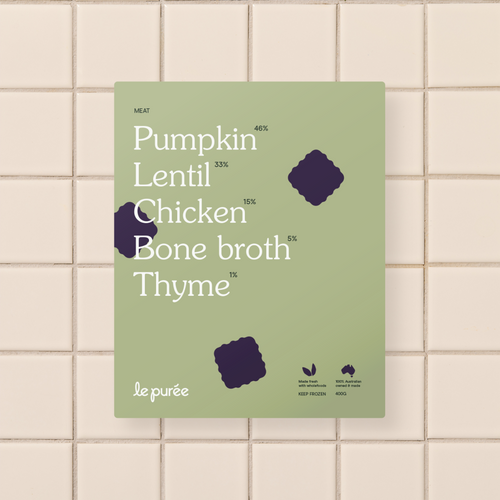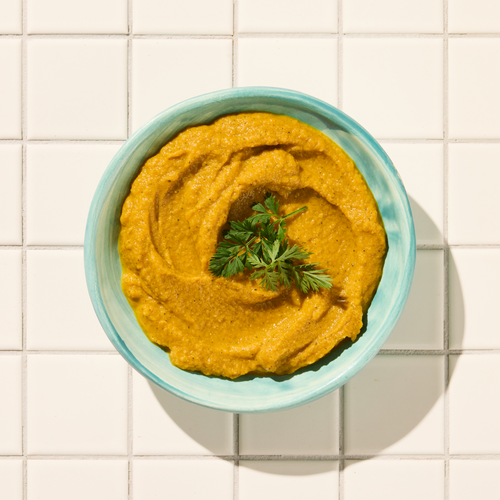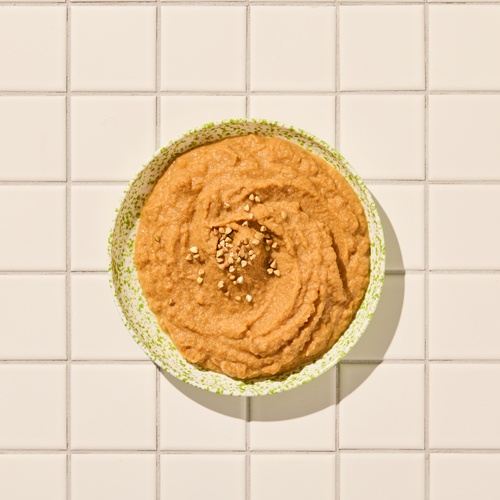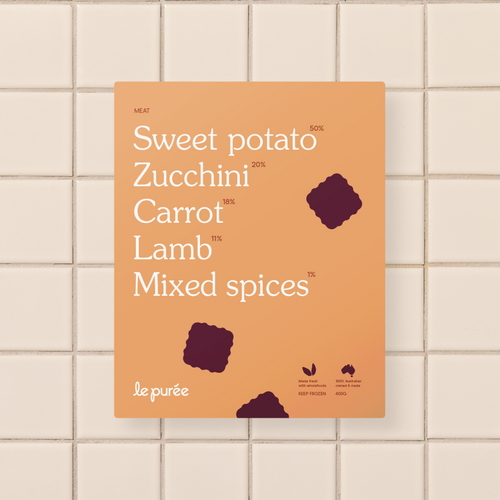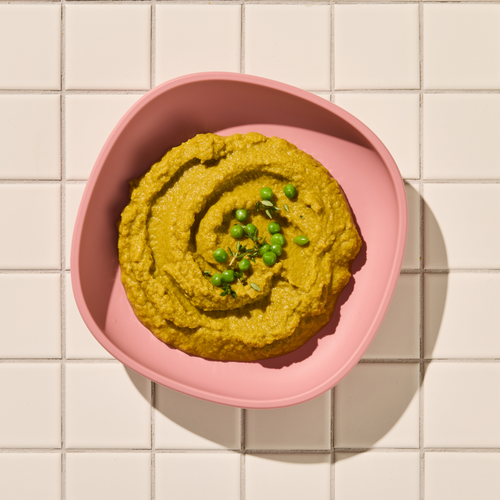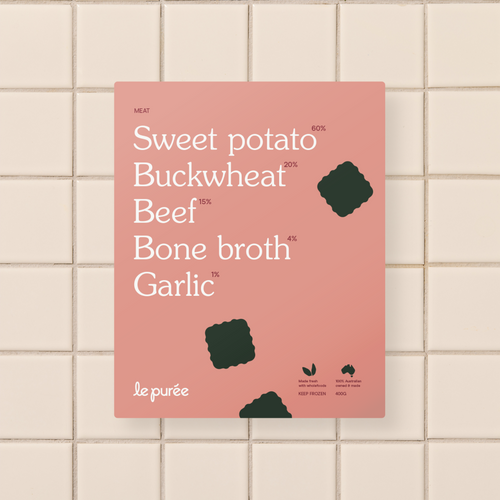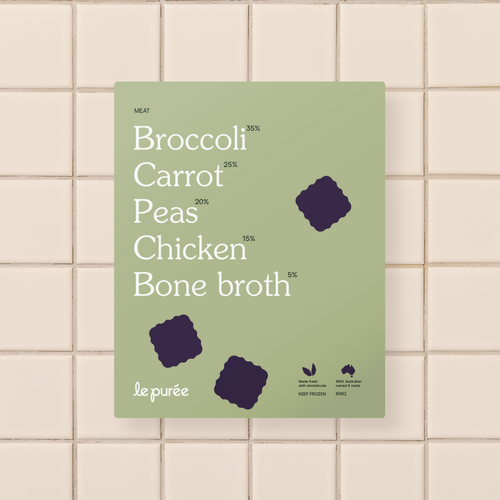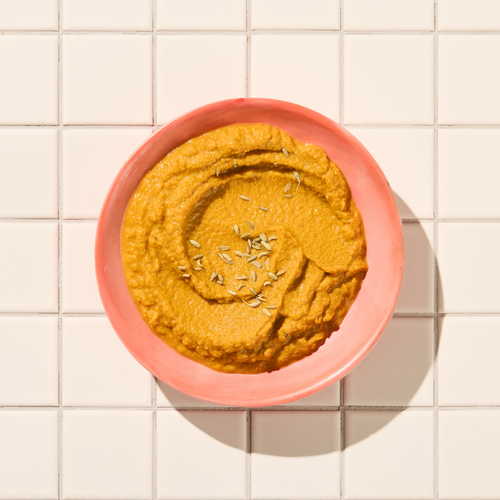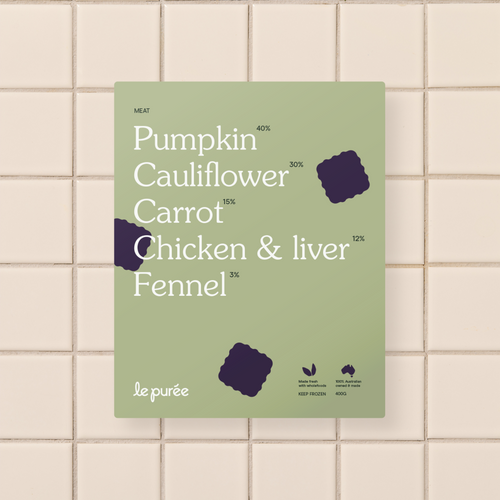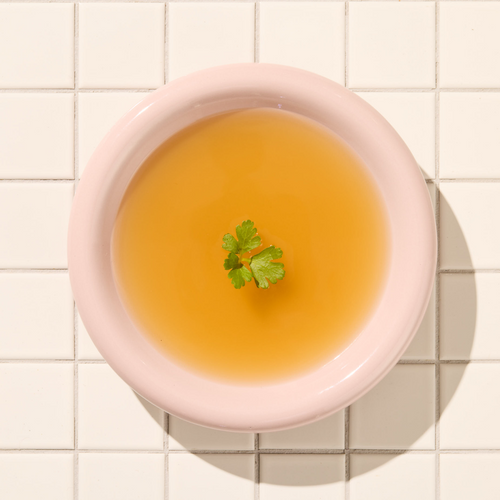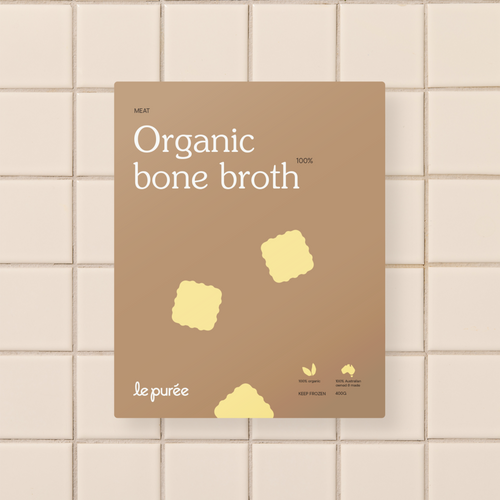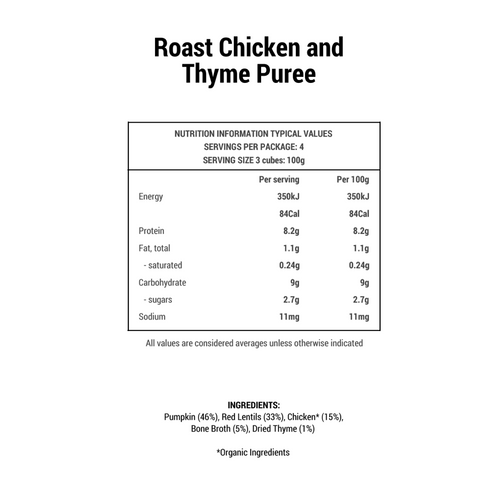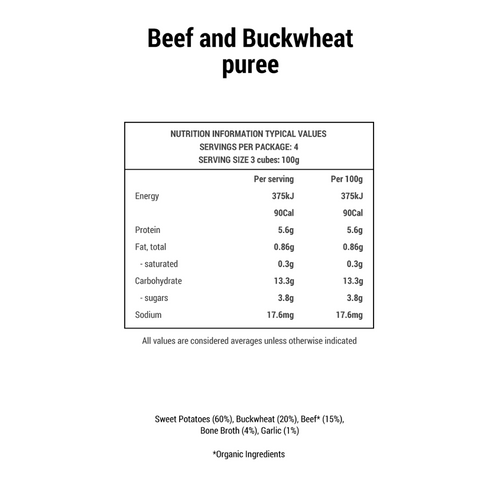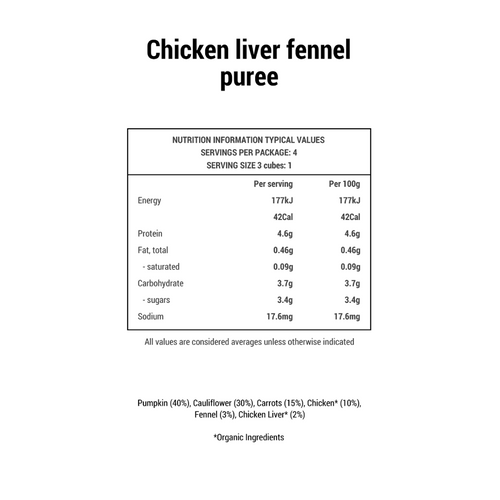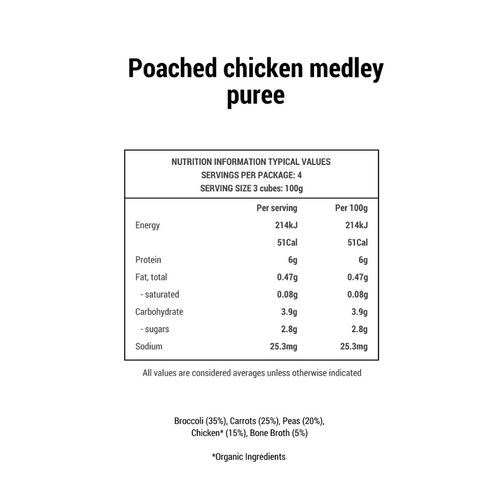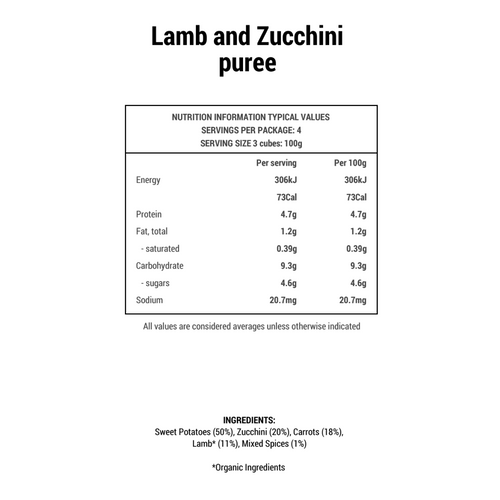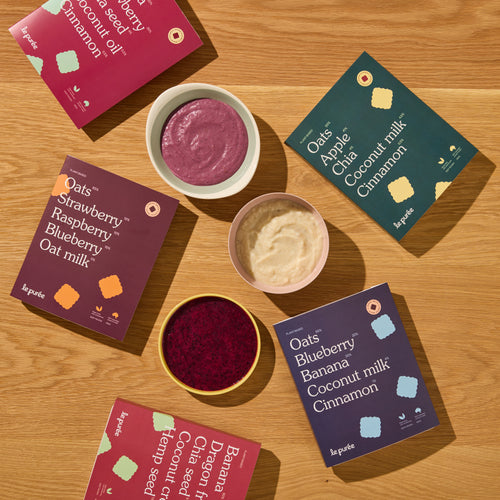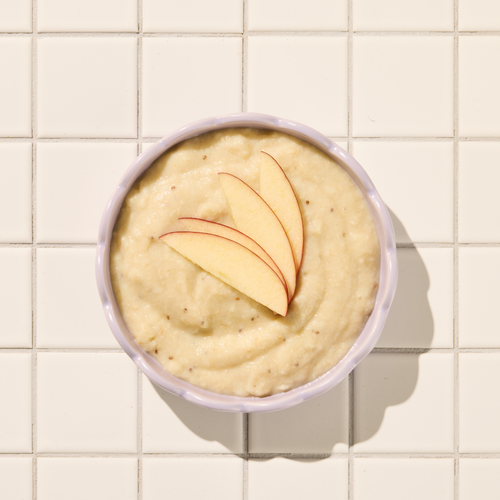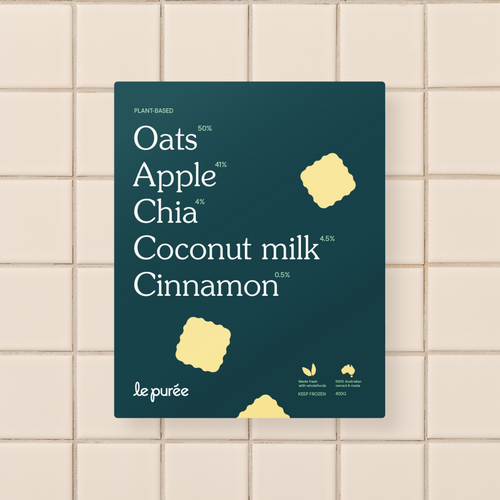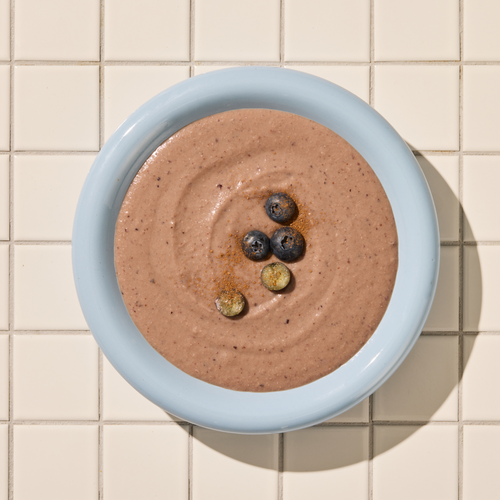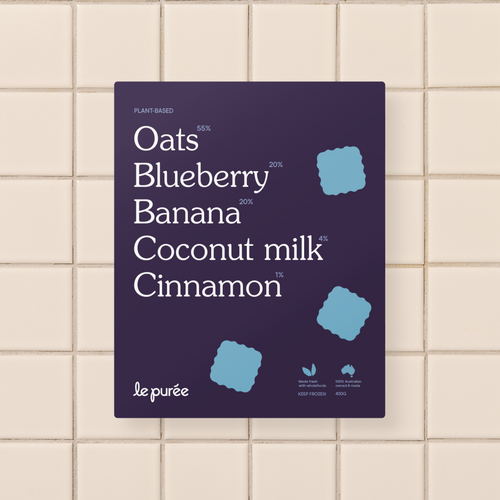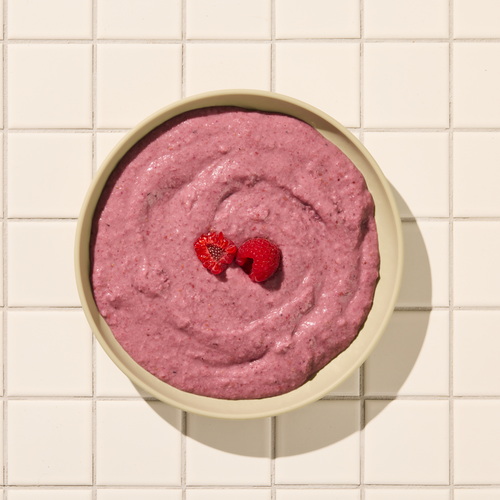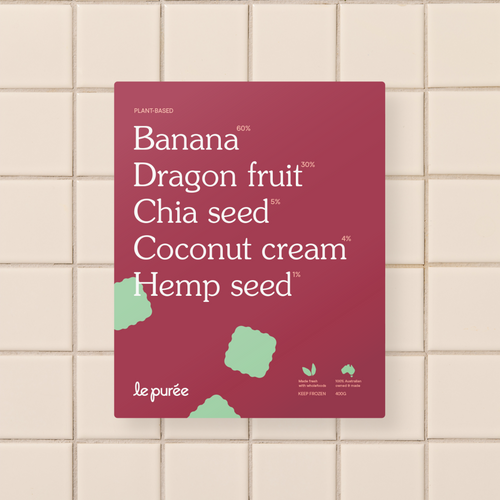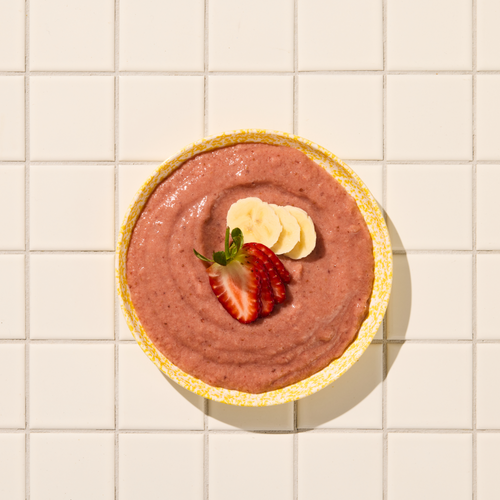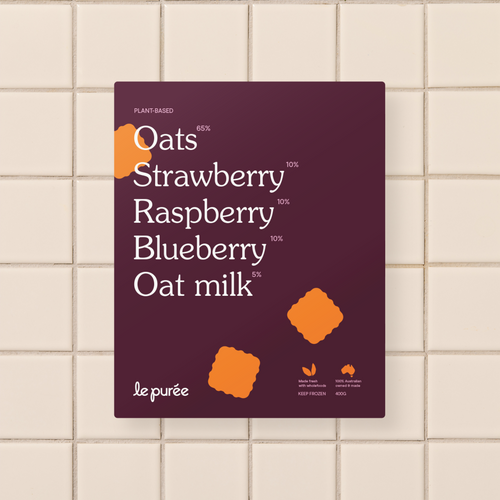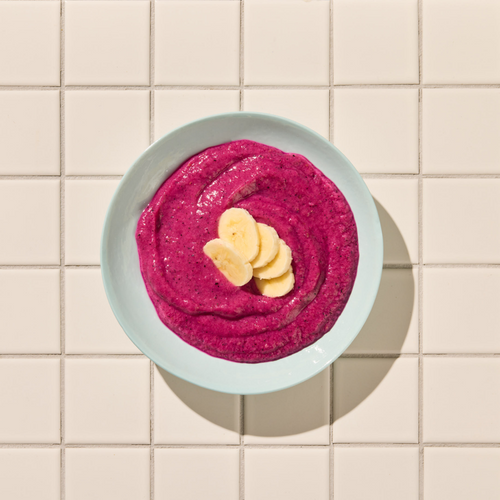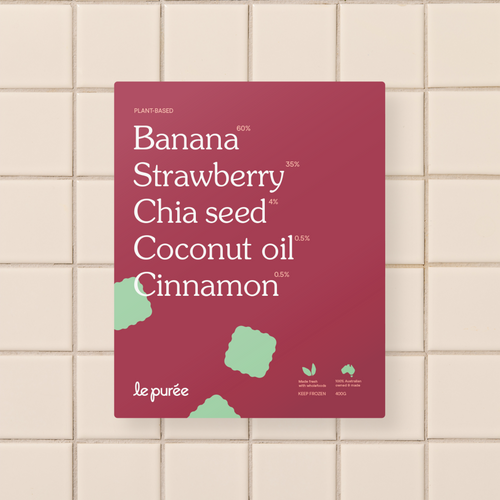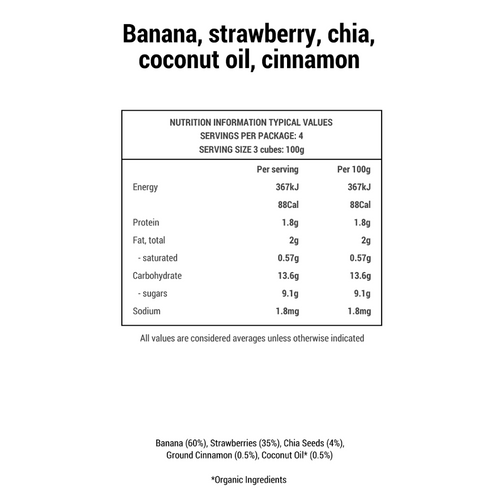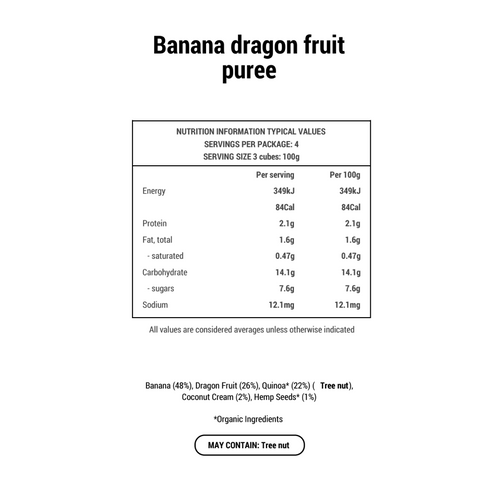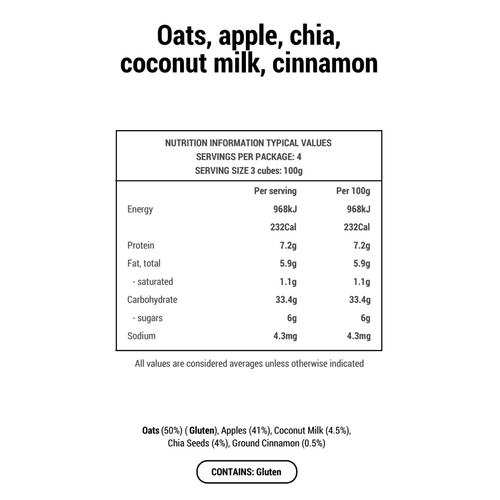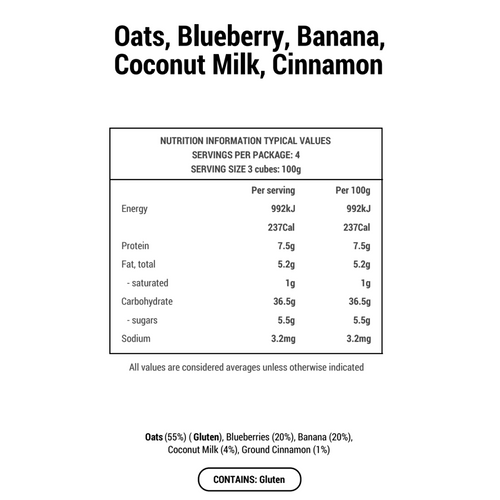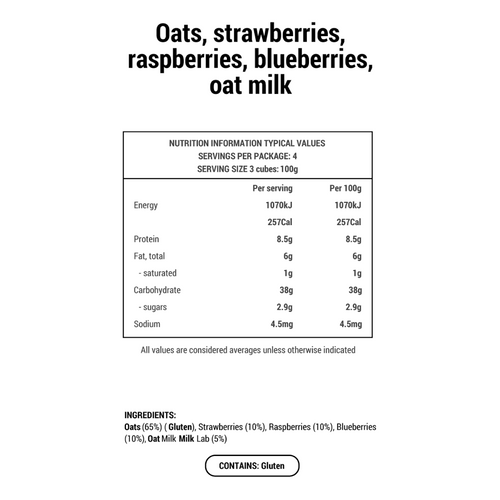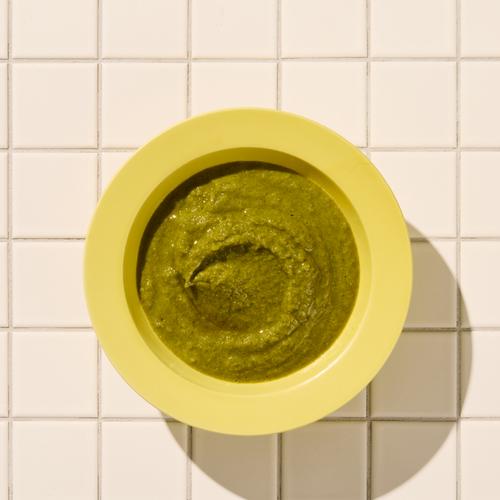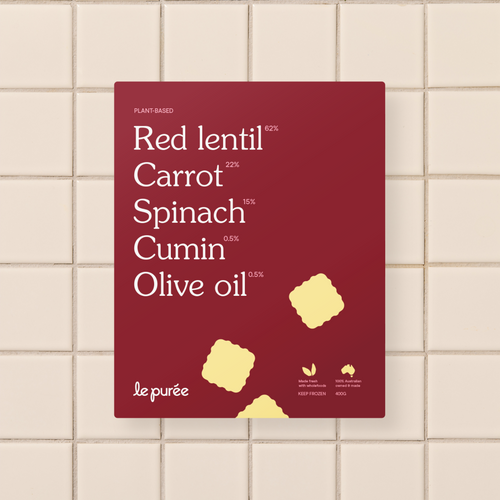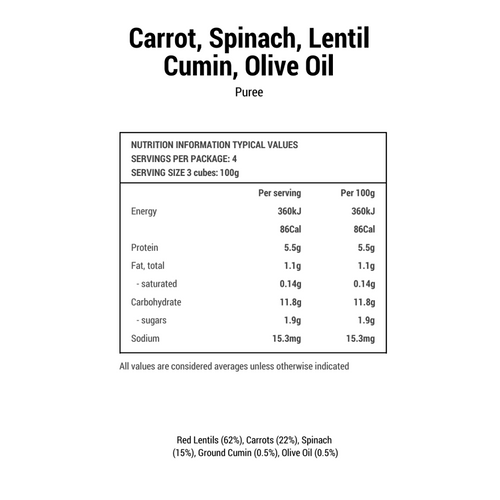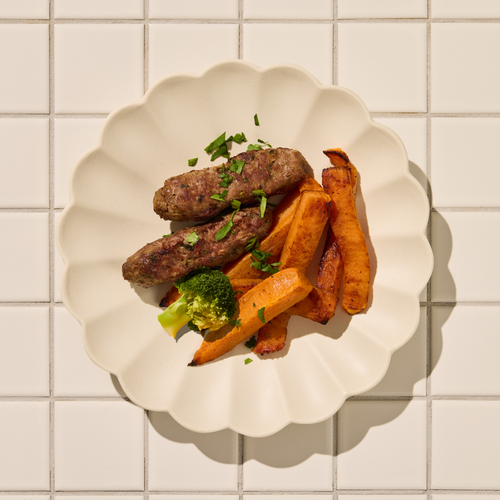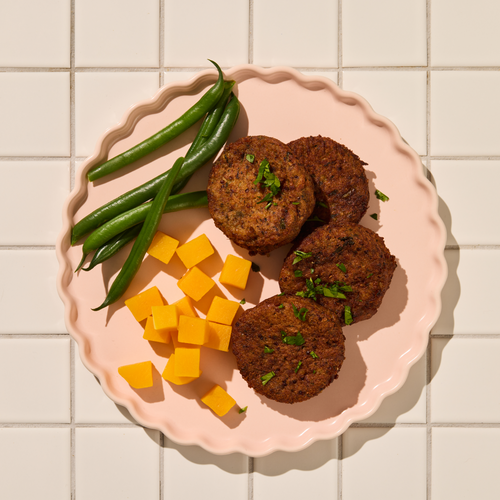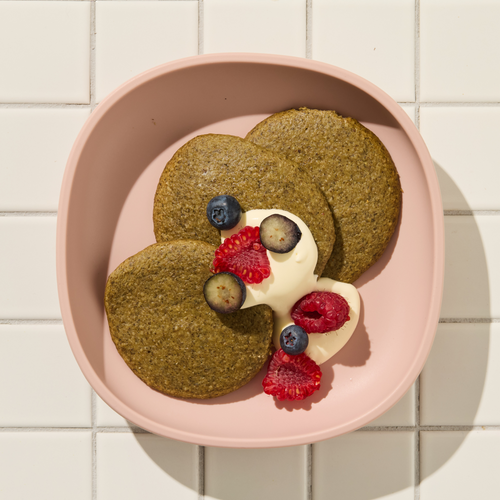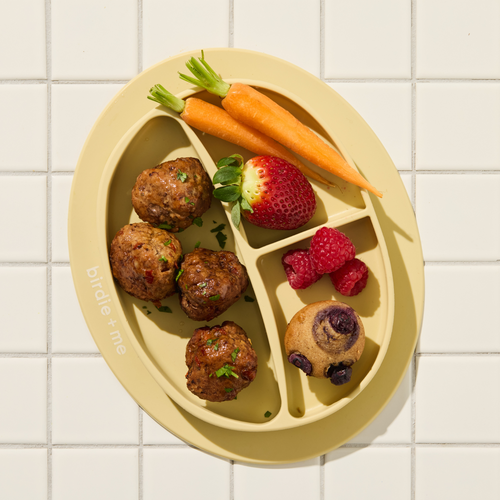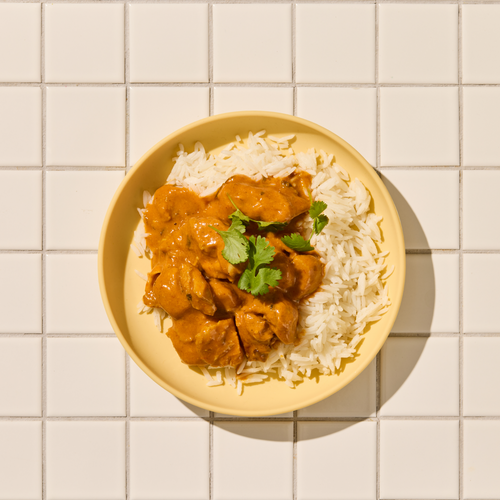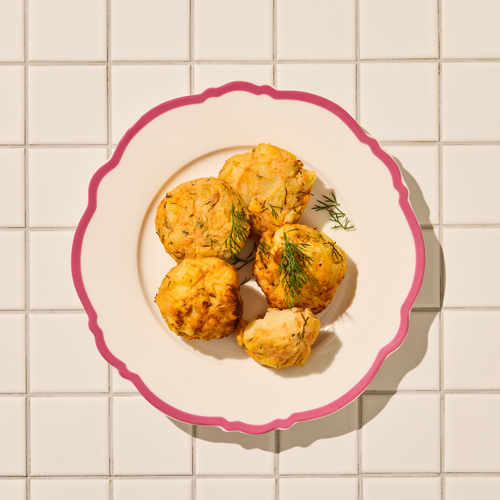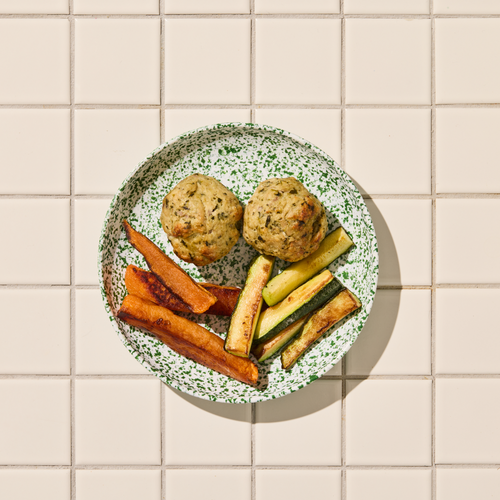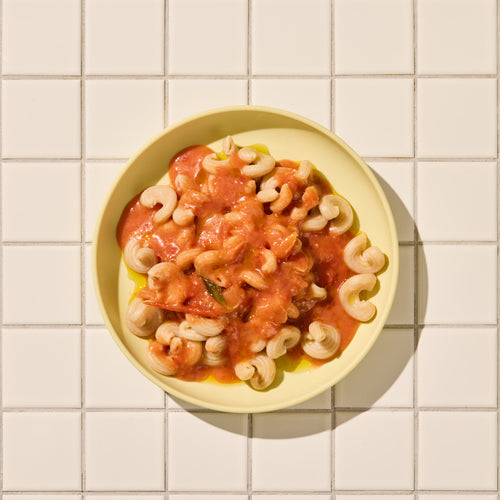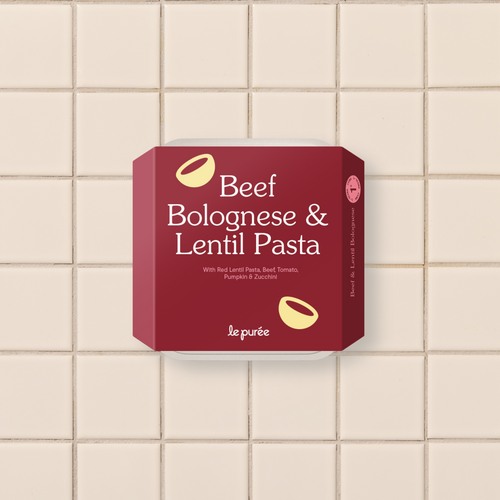Written by: The Boob to Food Team
Kate Holm (nutritionist and naturopath) • Renee Jennings (dietitian) • Luka McCabe (RM/RN/Nutrition Consultant)
The first 1000 days is the magical time from before conception, throughout pregnancy, until a child turns two. It is in this window that research shows we can have huge impacts on the health of our children - including asthma, allergies, diabetes, obesity and behavioural conditions to name a few.
One of the most important nutrients during this time, for both mum and bub, are the omega-3s.
What are omega-3’s?
Omega-3 fats are classified as essential - meaning our body can’t produce them, so they must be obtained from food. They can be broken down into 2 categories:
Long chain omega-3 fatty acids include:
- Eicosapentaenoic acid (EPA)
- Docosahexaenoic acid (DHA)
These are found primarily in oily fish with lesser amounts in organ meats, and egg yolks
Short chain omega-3 fatty acids include:
- Alpha linolenic acid (ALA)
These are found in plant foods such as chia seeds, walnuts, linseeds, hemp seeds, spirulina, other algae and edamame beans.
Like some other nutrients, while there are plant based sources of omega-3, the conversion from ALA to the active EPA and DHA is inefficient in humans (around 1-5%) so supplementation is recommended if this is the only form you consume.
During Pregnancy
Omega-3’s (particularly DHA) are hugely important during pregnancy, not only to support bub’s developing brain, but also to reduce the risk of complications such as pre-term birth, preeclampsia, low birth weight, neonatal care admissions and more.
Did you know…
1/3 of the dry weight of your brain is DHA? 🧠
Because DHA is such a critical nutrient for brain health and development, if there isn’t enough ingested during pregnancy, the growing baby will borrow (or steal!) from mum’s brain - hello brain fog and low mood! Just another reason it is so important to prioritise our consumption of omega-3’s.
During Postpartum
In the postpartum period low DHA has been found to directly contribute to postpartum experiences such as “baby brain” as well as postnatal depression and anxiety. While these conditions are multi-factorial, studies have demonstrated that omega-3 levels have a significant role to play - and the good news is that it is a factor within our control!
During Infancy
We know that the levels of DHA in breast milk directly correlate with mum’s intake of DHA - this means that you MUST be consuming adequate levels in order for her baby to be receiving adequate amounts. If your baby is formula fed then the formula will be fortified with essential fatty acids, but in certain instances additional may be required - always check with your health care practitioner before supplementing your baby.
There are so many benefits of adequate omega-3 fatty acid consumption for bub, including normal brain and eye development, improved cognitive performance in childhood, reduced risk of eczema and asthma and better hand–eye coordination to name a few.
Let's make it practical:
Current guidelines
The current guidelines for combined intake of EPA + DHA are:
During pregnancy: 115mg/day
During lactation: 145mg/day
During infancy: 500mg/day
1-3 years: 40mg/day
However it is important to note that other international bodies recommend significantly more than this, and therapeutically much higher doses may be needed to address specific concerns.
What foods should we eat then?
Thankfully, our oily fish are excellent sources of EPA + DHA - so consuming fish such as salmon, trout, sardines and mackerel 2-3 x per week will give you and your little one a wonderful dose - for example 100g of tinned sardines is approximately 1500mg omega-3.
If your little one has commenced solids, you can offer them the Catch of the day Sardine Puree or Salmon Cakes to ensure they are getting plenty of omega-3.
However, if you or your little one don’t enjoy or choose not to consume oily fish a supplement is recommended. This would be from fish or cod liver oil for omnivores or algae oil for plant based mummas. Our team of experienced practitioners in the Boob to Food Clinic can help to guide and support you through choosing the correct supplement for you or your little one and ensuring you are getting an adequate dose. You can view our offerings or book an appointment online HERE
Written by the Boob to Food Team
Kate Holm (nutritionist and naturopath)
Renee Jennings (dietitian)
Luka McCabe (RM/RN/Nutrition Consultant)




